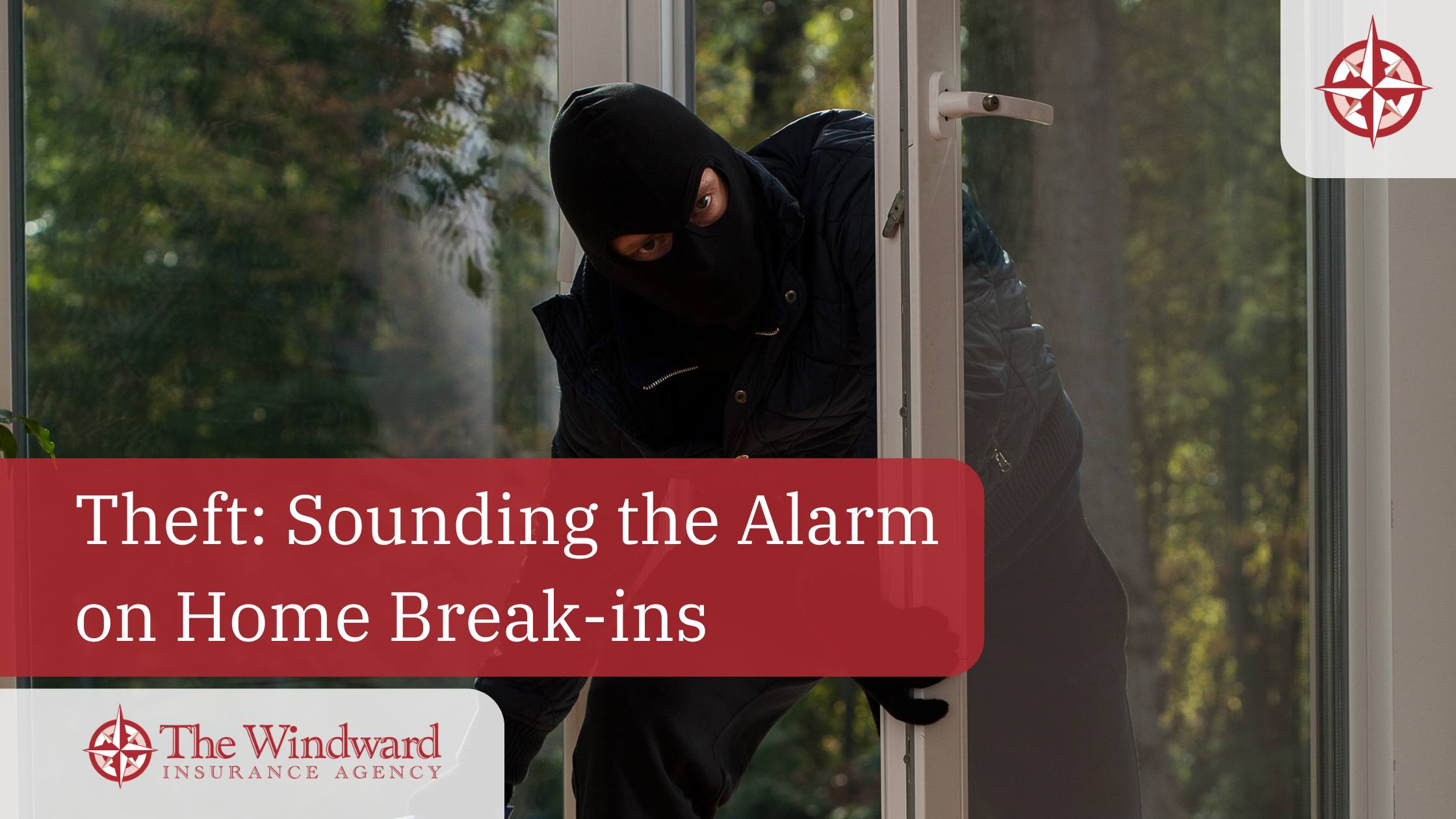One of the biggest risks associated with hurricanes is wind damage. Even a Category 2 storm – a storm level many seasoned Florida residents might unwisely dismiss – can cause significant roof and siding damage to the most well-constructed homes. In addition, what's picked up and carried in the wind can pierce tree trunks, dislodge roof shingles, and shatter windows.
If a window in your home breaks during a hurricane, you or loved ones could be seriously injured by flying glass shards. Rainwater, debris, and high-velocity winds can then enter the home, where they will have free reign to wreak even more havoc once inside. Upward pressure could build inside the home and may threaten to lift the roof. Water intrusion can lead to mold and mildew growth inside the home – in as quickly as 24 hours.
The goal during a hurricane, then, is to seal up your home as much as possible so severe winds pass over and around you. If just one window breaks during the storm, wind can get inside and compromise the entire structure. Strong window protection is key to ensuring this doesn’t happen. Below are the four most common types of hurricane window protection used in Florida, rated from best to worst.
Permanent Hurricane Shutters
In addition to offering excellent strength, durability, and resiliency against hurricane-force winds, storm shutters permanently affixed alongside or at the top of windows and glass doors are incredibly easy to put into action. Typically made of high-strength aluminum or steel, accordion or roll-up/down shutters are your best bets, and these are available in motorized or manual versions. Maintenance in the form of periodic lubrication is recommended.
Accordion shutters are ideal for protecting larger glass panels, such as sliding glass doors and garage doors. The shutters remain attached to the home, at the sides of windows or doors when not in use. They have wheels in a customized base allowing the shutters to slide horizontally and expand/retract like an accordion. It can take just minutes to close the shutters and lock them into place before a storm hits.
Roll-up/down shutters, as their name implies, roll down vertically to protect windows, and roll up into a box permanently attached above the window. These can be less noticeable at a glance than the accordion variety of hurricane shutters.
Pros: Easy to use; superb protection
Cons: Cost; professional initial install required
Removable Storm Panels
Like accordion or roll-up hurricane shutters, removable storm panels are typically made of high-strength aluminum or steel. Semitranslucent polycarbonate panels may also be available, although these are not as resilient as the metal panels. The biggest difference here is each panel must be manually installed and removed by a homeowner before and after a hurricane. The panels are either bolted directly into the walls around the outside of windows and doors or placed into tracks permanently attached around windows and then bolted into place.
Pros: Affordable; superb protection (as long as installed correctly)
Cons: Homeowner must install before & after each storm; proper storage required
Impact-Resistant Hurricane Windows
Also known as impact windows, hurricane-proof windows, or hurricane glass, they are made of a specially treated glass thicker and more resilient than regular glass. They are typically dual-paned to withstand high-velocity winds and projectiles. While not as protective as metal panels, these hurricane windows are gaining popularity because once they’re installed, there is no additional window-protection preparation needed when a storm is on the way. They also don’t impair your outside view like shutters do.
Pros: No storm-prep work necessary
Cons: Costliest option available; professional initial install required
Plywood
Consider this your in-case-of-emergency option. Using plywood to protect your windows is certainly better than doing nothing at all, but it’s nowhere near as protective as metal shutters, either the permanently installed variety or temporary storm panels you put up yourself.
Pros: Inexpensive; readily available
Cons: Laborious install/takedown for each storm; proper storage required
Comparison: Shutters vs. Panels vs. Hurricane Windows vs. Plywood

* In order to qualify for a reduced premium or homeowner’s insurance discount, insurance carriers typically require all exterior glass surfaces be protected, including sliding glass doors, front/back doors, skylights, and garage doors. A wind mitigation inspection may also be required.
Hurricane Windows May Be All That Is Standing Between You and Disaster
At The Windward Insurance Agency, it is our mission to guide you toward the best type of insurance to suit your needs. In addition to homeowner’s insurance, we also offer auto insurance, watercraft insurance, and commercial property insurance. We also happen to know about helping you protect your home and everything in it, such as choosing the best type of hurricane windows for your home. For personalized assistance with finding the coverage right for you, get started with an online quote – or call us at (866) 231-2433 for more information.





